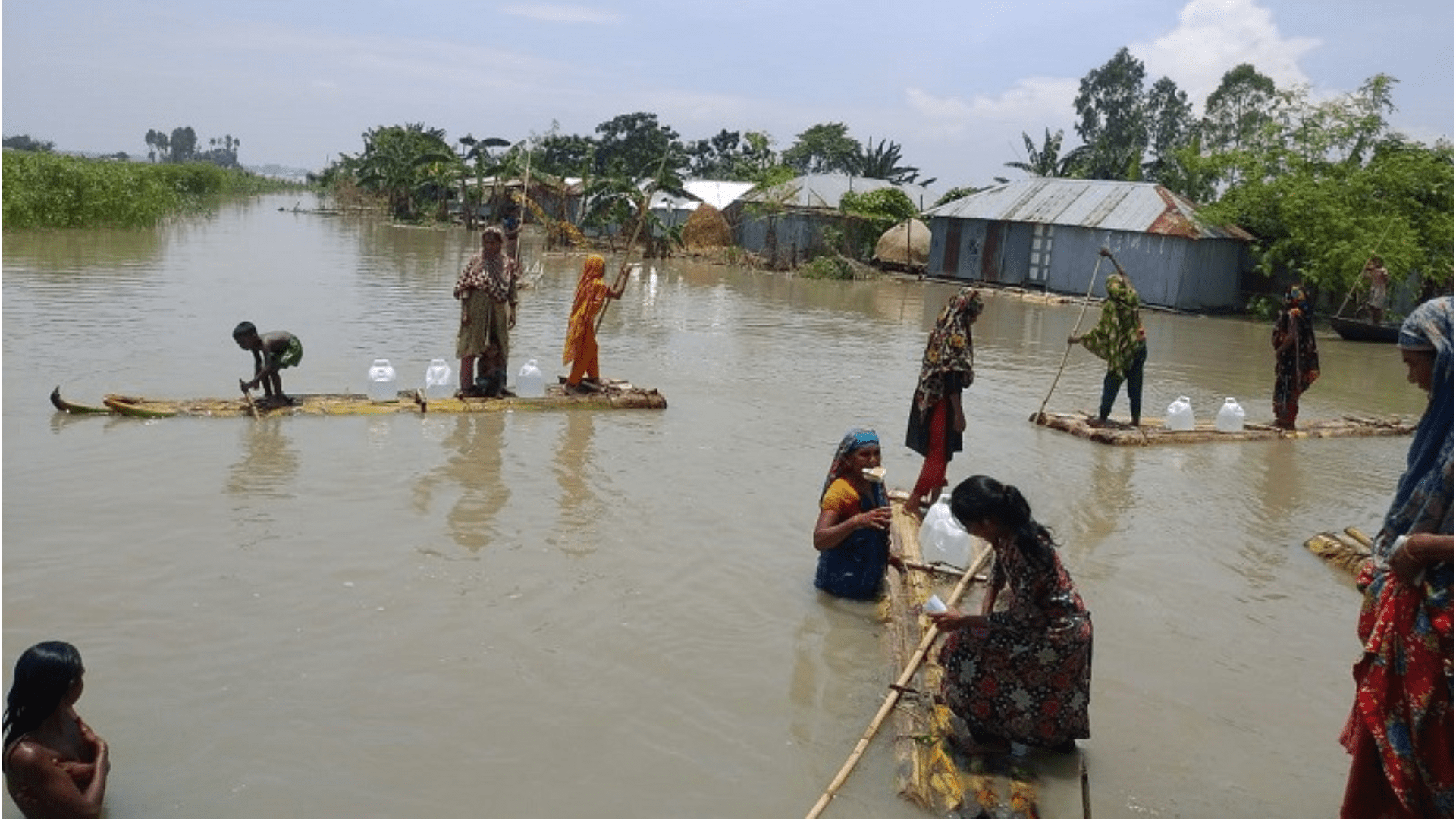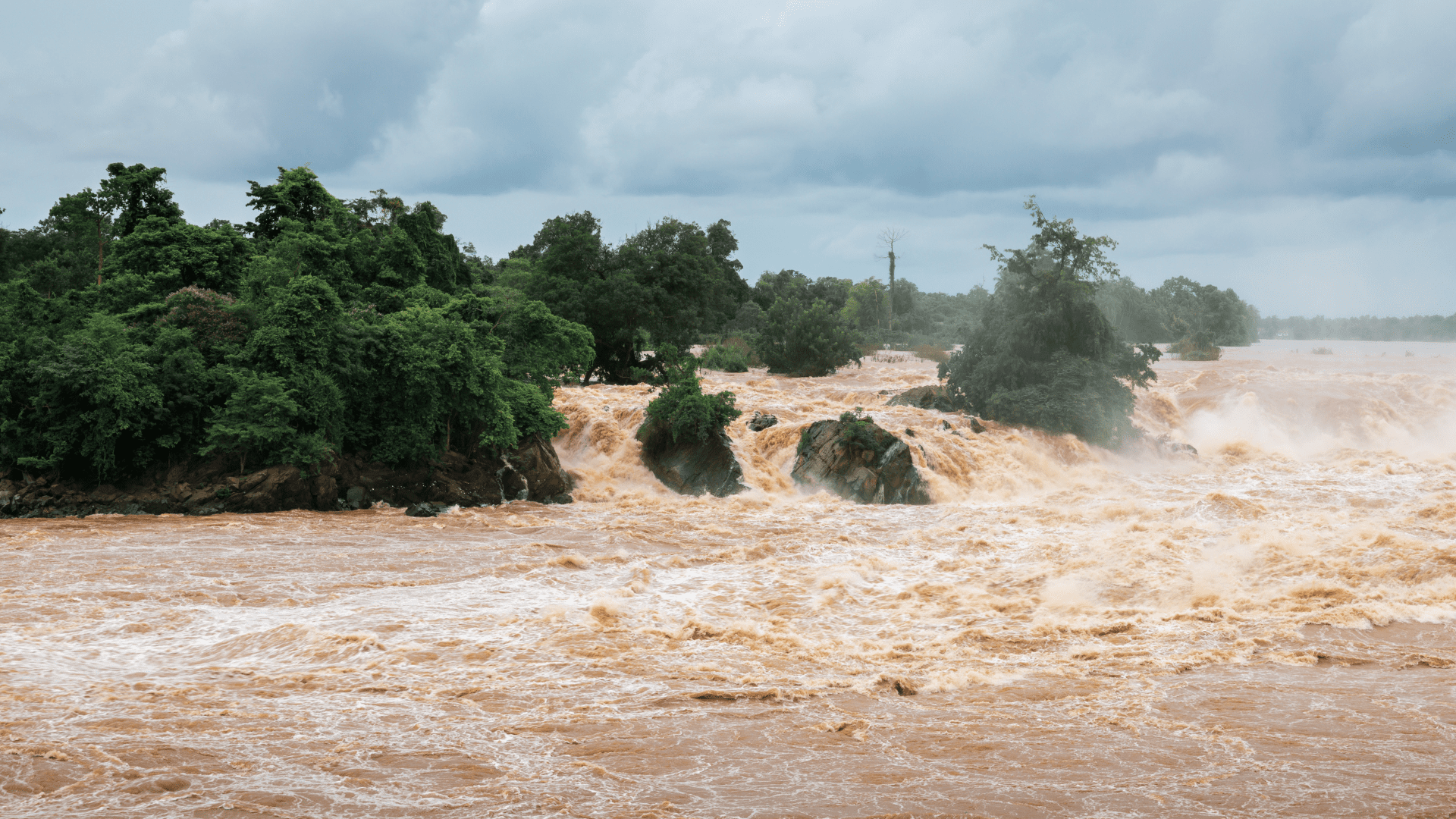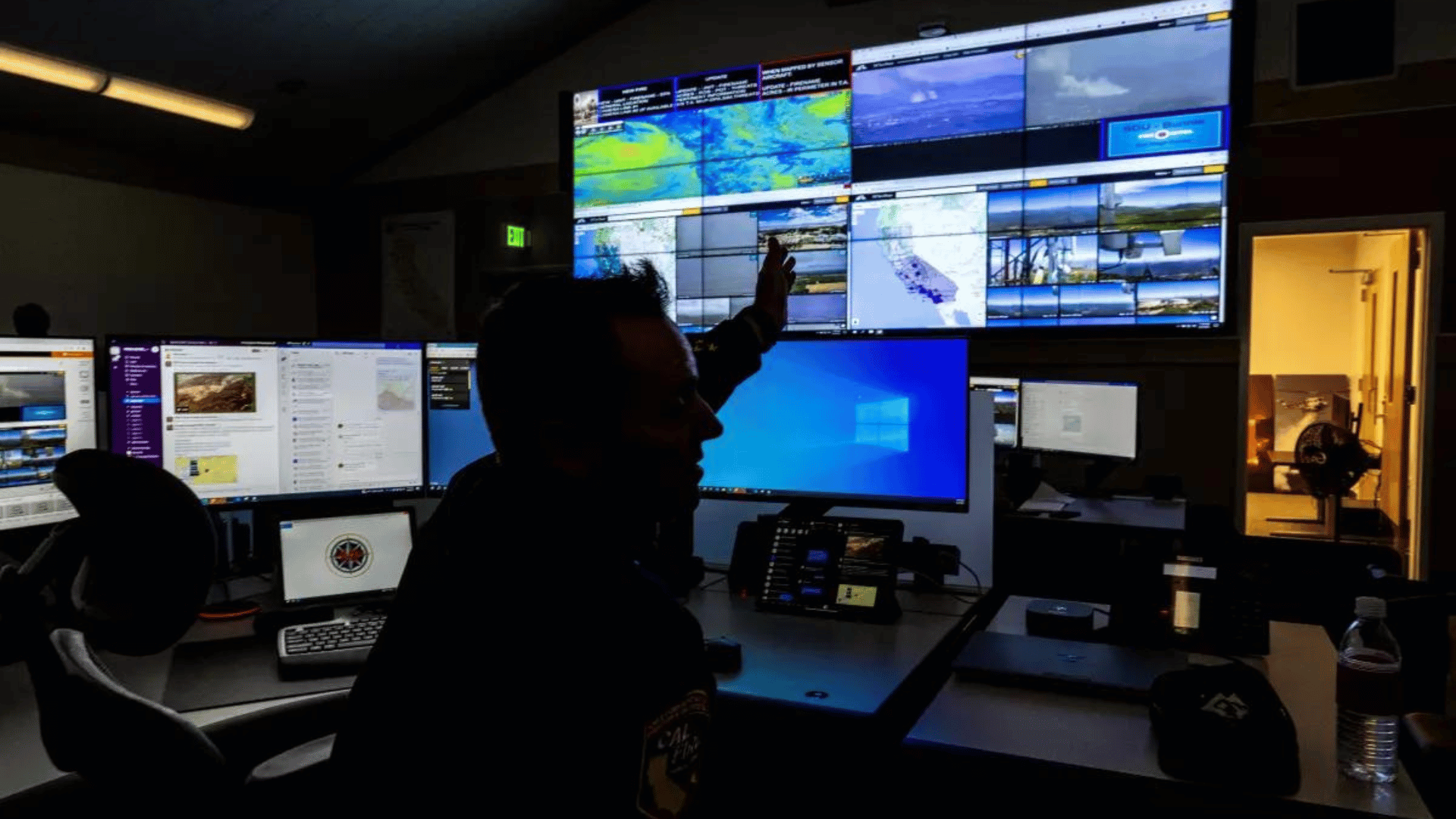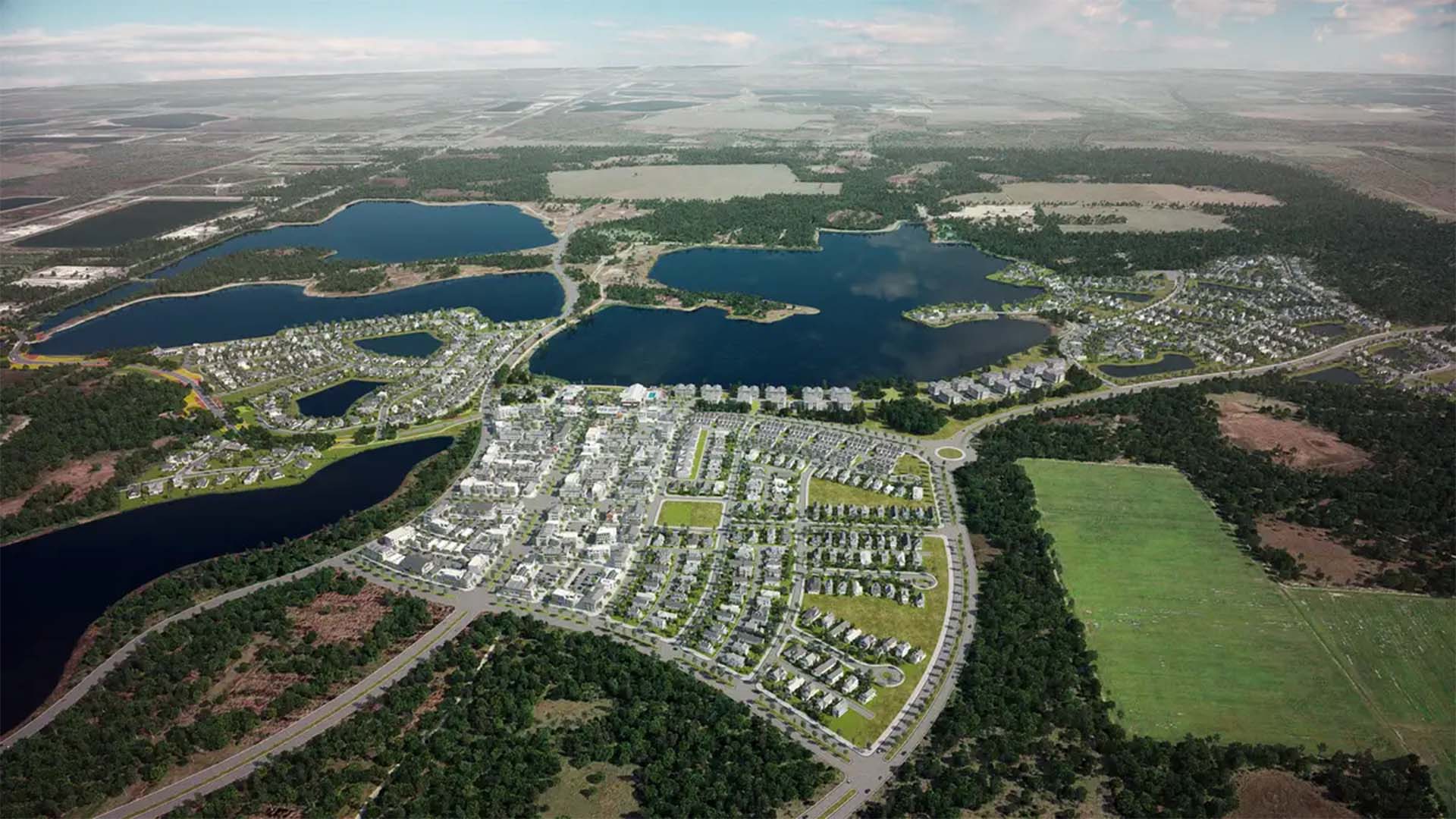Flooding is one of the most destructive natural disasters that tallies millions of dollars worth of damage per year and causes chaos in communities. Often in underdeveloped areas of the world, predicting floods isn’t an option. Without the ability to forecast floods, the areas are vulnerable to these disasters. Google AI is trying to change that.
A Critical Problem

In a paper published in Nature, Google Research outlines a breakthrough in AI-powered global hydrological technologies. They demonstrate significant improvements in the technology that allows us to forecast floods around the world. The technology is part of the Flood Hub and it brings alerts to users through Google Search, Maps, and Android notifications.
Historically, forecasting floods required thorough local data like river streamflow measurements from gauges. Unfortunately, in many developing nations and different regions of the world, this infrastructure is not there. As a result, predicting floods is nearly impossible in these areas. It creates a wide gap in early warning systems in underserved regions that are prone to natural disasters.
Explore Tomorrow's World from your inbox
Get the latest science, technology, and sustainability content delivered to your inbox.
I understand that by providing my email address, I agree to receive emails from Tomorrow's World Today. I understand that I may opt out of receiving such communications at any time.
AI’s Solution
Google wants to address this gap with the help of AI and global machine-learning models. In addition, they want to use these tools on diverse weather and geographical datasets. Furthermore, Google’s system can predict flood events, even in “ungauged” areas without the capability of measuring river flows.

Google Flood Hub continues to expand its reach with the help of these advancements. Within the last year, it stretched its coverage area across 80 countries and 460 million people who previously didn’t have access to flood alert systems. Regions include Africa, Asia-Pacific, Europe, and parts of South and Central America. In many cases, particularly in Africa, the Flood Hub brought forecasting accuracy that is on par with Europe. Its AI engine takes complex information and datasets that generate river flood predictions up to seven days in advance. In addition, Google says it’s highly accurate.
Future Improvements
According to Google, they believe the capability of predicting major weather events like floods could significantly decrease the impact on communities. Accurate and timely flood alerts give people enough time to evacuate the flood area before it happens. Additionally, it gives government agencies and aid agencies enough time to prepare. As a result, this information could save lives.
From natural disasters to climate change, the research they gathered for their study highlights the critical role that AI can play in solving global crises.







